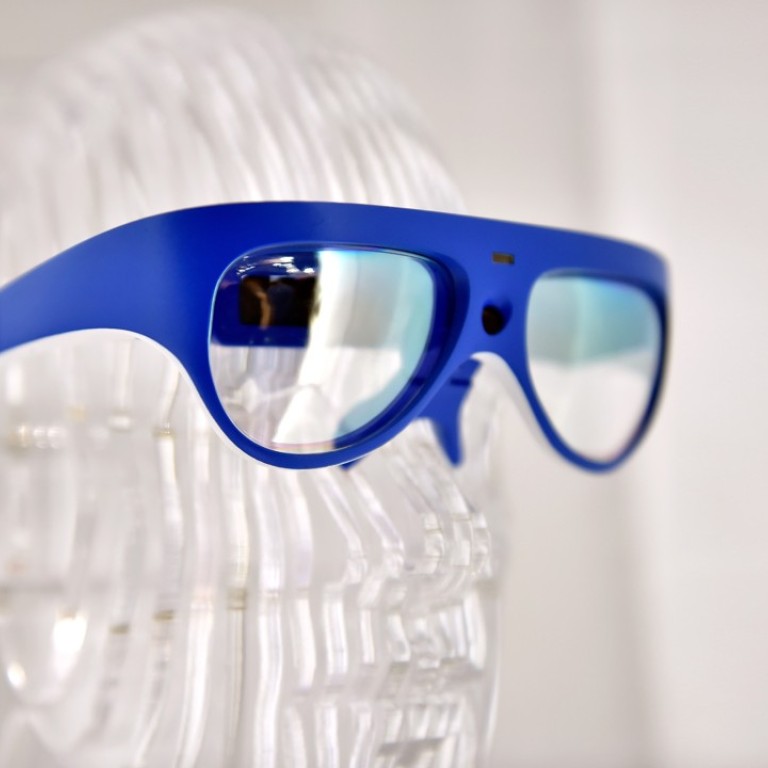
Temasek-backed Chinese start-up Rokid plans to produce AI chipsets
Rokid Corp, the Chinese artificial intelligence start-up that counts Singapore’s Temasek Holdings as an investor, plans to develop its own AI chipsets as part of a strategic push into providing AI know-how to other companies.
The Hangzhou-based company is also aiming to secure six to eight strategic partners this year to use its AI operating system, according to Rokid chief financial officer and co-founder Eric Wong. Companies making televisions, toys, in-car infotainment systems, health care and smart speakers are among those interested in using Rokid’s technology, Wong said in a recent interview at the South China Morning Post’s offices in Hong Kong.
Rokid provides its AI services, which include technologies such as voice-to-text and text to speech, to popular Chinese podcast sharing service Ximalaya FM, which enables users to share their knowledge and personal experience in specific fields through audio and personal podcast stations.
The chipsets that Rokid is designing with an external vendor will probably be 30 per cent cheaper than comparable products, Wong said. The decision to produce AI chipsets came about because technology is moving from the era of mobile internet to artificial intelligence, he said.
The Chinese government has made AI a top priority, pledging to build a US$150 billion industry by 2030. President Xi Jinping has reiterated on several occasions recently the importance of self-reliance when it comes to core technology. China’s relative weakness in microchips was exposed for the world to see after the US banned American companies from providing components to ZTE, bringing the Chinese telecommunications giant to its knees.
At the CES trade show in Las Vegas in January, Rokid unveiled augmented reality glasses that features facial recognition and can pull up social-media accounts of people that it scans and recognises. The first customers for the AR glasses will be museums, for viewing interactive exhibits, according to Wong.
The company will soon unveil a more refined version of the Rokid Glass and is also expected to introduce a smaller, portable smart speaker. Even as the company pushes into services, it will continue to maintain a product line to gain user feedback, Wong said.
Founded in 2014, Rokid raised US$100 million in a Series B+ round of funding in January, led by investors including Temasek, CDIB Capital International and Credit Suisse Group, according to VentureSource. Early investors include Hangzhou Yuanjing Investment and IDG Capital Partners, which also took part in the latest fundraising round.
The company now has about 300 staff, with 65 per cent of them in research and development. Rokid intends to stay independent so that it can work with different partners, Wong said.

